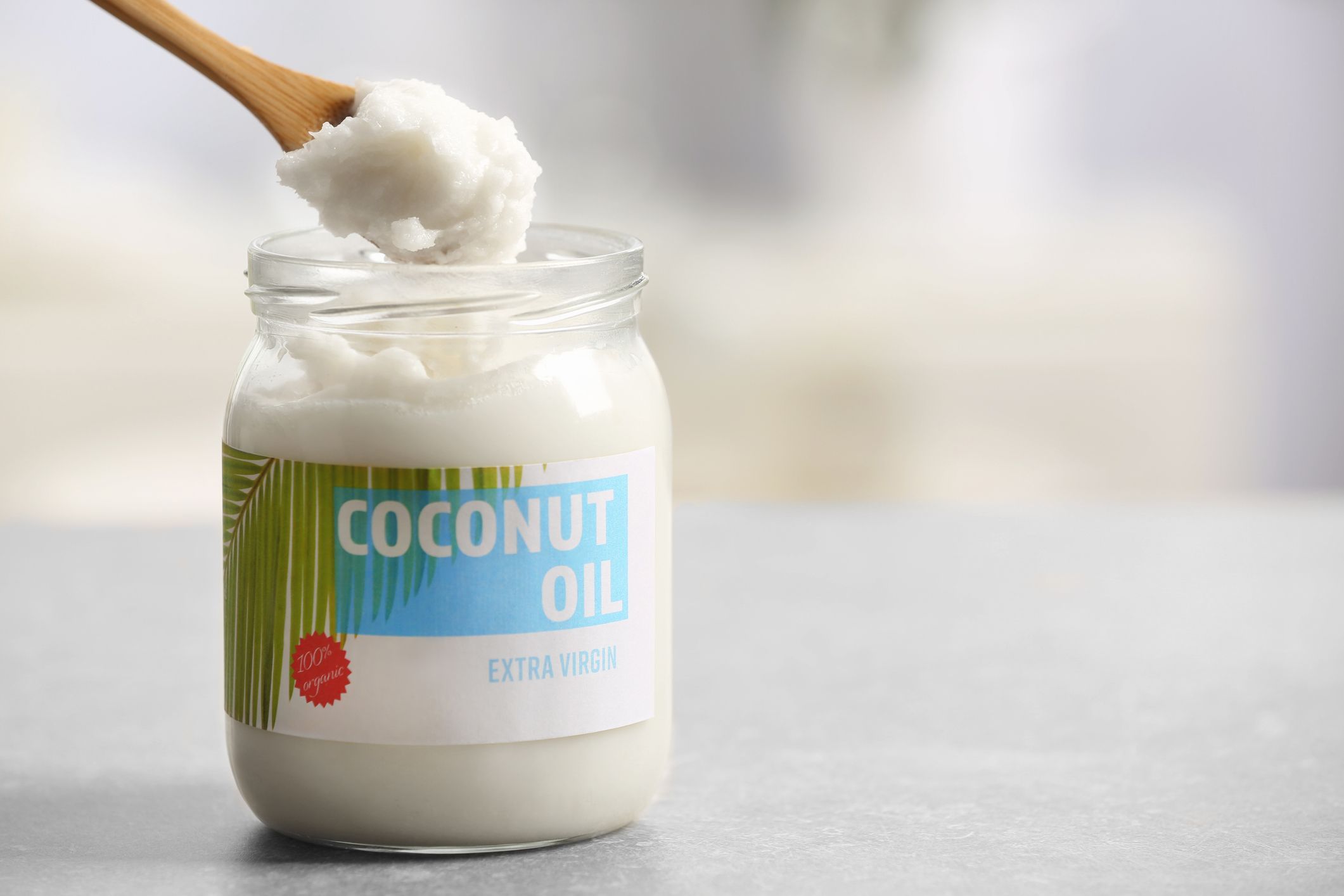Exploring Shortening Substitute: Coconut Oil Introduction
Are you looking for a healthier or vegan-friendly alternative to traditional shortening? Look no further than coconut oil! In this comprehensive guide, we'll delve into everything you need to know about substituting coconut oil for shortening in your favorite recipes. From its benefits to tips for successful substitution, we've got you covered.
Why Substitute Shortening with Coconut Oil?
Coconut oil has gained popularity in recent years due to its numerous health benefits and versatility in cooking. As a plant-based fat, it's an excellent option for those following a vegan or dairy-free diet. Additionally, coconut oil offers a unique flavor profile and can add a hint of tropical sweetness to baked goods. Substituting coconut oil for shortening also provides potential health benefits, as coconut oil contains healthy fats known as medium-chain triglycerides (MCTs) that may support heart health and metabolism.

shortening substitute coconut oil
Benefits of Using Coconut Oil as a Shortening Substitute
- Healthier Option: Coconut oil is rich in MCTs, which have been linked to various health benefits, including improved cholesterol levels and increased calorie burning.
- Vegan-Friendly: Coconut oil is plant-based and suitable for those following a vegan or dairy-free lifestyle.
- Adds Flavor: Coconut oil imparts a subtle coconut flavor to baked goods, adding depth and complexity to your recipes.
- Versatile: Coconut oil can be used in a wide range of recipes, including cakes, cookies, pie crusts, and more, making it a versatile substitute for shortening.
How to Substitute Coconut Oil for Shortening
When substituting coconut oil for shortening in recipes, keep the following tips in mind:
- Measure Correctly: Coconut oil is typically solid at room temperature but melts at warmer temperatures. Measure coconut oil in its solid state for accurate results.
- Adjust for Texture: Coconut oil has a lower melting point than shortening, which can affect the texture of your baked goods. For recipes that require a solid fat, such as pie crusts, refrigerate the coconut oil until firm before using.
- Consider Flavor: Keep in mind that coconut oil adds a subtle coconut flavor to dishes. While this can enhance certain recipes, it may not be suitable for all flavor profiles. Consider the flavor of your dish before substituting coconut oil for shortening.

shortening substitute coconut oil
Recipes Using Coconut Oil as a Shortening Substitute
Here are a few delicious recipes that showcase the versatility of coconut oil as a shortening substitute:
- Coconut Oil Chocolate Chip Cookies: Replace shortening with melted coconut oil in your favorite chocolate chip cookie recipe for a tropical twist.
- Vegan Coconut Oil Pie Crust: Use solid coconut oil in place of shortening to make a flaky and flavorful vegan pie crust.
- Coconut Oil Banana Bread: Swap shortening with melted coconut oil in your go-to banana bread recipe for added moisture and richness.
Conclusion
Substituting coconut oil for shortening is a simple and healthy option that can enhance the flavor and nutritional profile of your baked goods. Whether you're looking to follow a vegan diet, improve heart health, or simply experiment with new flavors, coconut oil is a versatile and delicious alternative to traditional shortening. Try incorporating coconut oil into your favorite recipes today and experience the tropical goodness it brings to your kitchen!